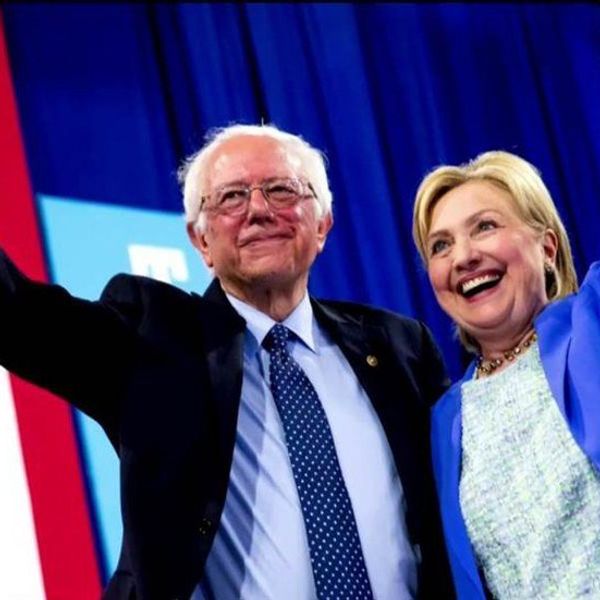Facebook was released to the public on September 26, 2006, but most of us remember signing up for it somewhere around 2008. This being said, Facebook has now been around to see three presidential election periods.
In 2012, I first noticed the impact politics had on social media. At the time, I was a junior in high school and was still figuring out my own belief system. I was kind of tired of hearing about the election because, as a 16-year-old, I didn't think it had any real effect on me.
How cute.
Since I'm a person who absolutely cannot stand conflict, I didn't like seeing all the arguments on my Facebook feed, where I just wanted to share funny pictures and talk to my friends and family.
Thanks to Facebook memories, I was recently reminded of a status I made at the time of the last elections. The status read: "I personally believe that if you're under 18, your political views are irrelevant. You can have them, but I mean... we can't even vote. So, why do they matter? They don't. And I don't care."
I don't know who wrote that status, but it's so surreal to believe it was me only four short years ago.
As we all do, I've changed.
I think it's extremely important for young people to begin forming their opinions in high school, because it's their future, and they should care, and I think it's important to have conversations about that.
Facebook has, as of late, become a political madhouse. With candidates like Donald Trump and Hillary Clinton, the internet is in peril, and that most certainly includes social media.
Facebook has become a place of arguments, a place where friendships and relationships of all kind have come to a gruesome end.
And like everything in the world, people have taken their sides and I've taken mine.
Having conversations about politics has always been uncomfortable. The only time it isn't, is if you're with someone who wholeheartedly agrees with you and that's very rare.
My mom always told me that there are two things you don't talk about with anyone: politics and religion.
Now, I can see why she says that, and I can see why many people believe that.
I think it's great advice, and for a long time I followed that, and still follow it depending on the situation.
Yet, I think it's very important for us to be put into situations where we feel uncomfortable. I actually wrote a paper for a class once titled "The Phenomenological Experience of Feeling Uncomfortable," where I explored the feeling of being uncomfortable.
I think putting ourselves into situations where we experience new feelings and have new conversations is a great part of socializing. Now of course, if you feel extremely uncomfortable, or even scared, I, of course, don't suggest staying in it for long or at all, and you should leave if you feel yourself freaking out.
Scary situations aside, I firmly believe the conversations that are happening all over the internet about the current presidential elections are necessary and important.
Conversations with others, whether you believe in them or not, will always happen. You will always meet new people that don't exactly agree with you or have different beliefs.
We all grew up in different situations, we were all raised differently, in different towns, different houses, with different families and went to different schools. All those factors go into our political beliefs.
Having conversations with people who have had different experiences can give you a new perspective on the opinions we are constantly forming. Seeing things from a new angle can be either enlightening or just further the opinion you already had.
The thing is, we aren't listening to each other.
We aren't taking what people say and applying it to how they were raised and understanding why they think that way.
And I get it.
It's frustrating, no matter what side you're on. It's hard to listen to someone you so blatantly disagree with because everything they say is the opposite of what you believe in.
I think having actual conversations with people can help us learn and understand what's going on with our country, like how and why we have come to have two of the least liked candidates be our choices for president, why half the country doesn't believe racism exists and why gay people are still being murdered for who they are.
And, again, I get it. You don't want to have to explain the basic concept of racism to your uncle in the Facebook comments section, and it's in no way your job to educate full-grown adults.
I know.
But at least you can say that you attempted to reason, that you attempted to educate and that you gave them the benefit of the doubt.
Because we're just talking about politics — not having a conversation.





















